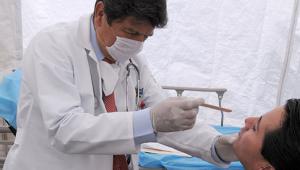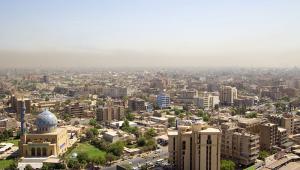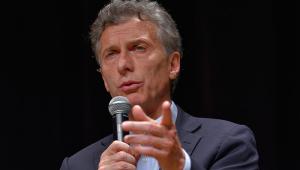It said 75% of Latin Americans showed little or no confidence in their national governments, and 80% believed corruption was widespread.
Results from a similar survey in 2010 put these figures at only 55% and 67% respectively.
The Latin American Economic Outlook 2018 was jointly produced by the Organisation for Economic Co-operation and Development (OECD), the United Nations Commission for Latin America and the Caribbean and the Development Bank of Latin America, in cooperation with the European Commission.
Mistrust risked deepening the disconnect between people and public institutions, harming social cohesion and weakening the social contract, it said, pointing to a satisfaction rate with healthcare services that fell from 57% in 2006 to 41% in 2016, well below OECD-wide levels of around 70%.
There was a similar decline in satisfaction with education, both pointing to a disinclination to pay tax for what were seen as poor value services.
After five years of economic slowdown the region had what the report called “a frail economic recovery” in progress with growth of 2.0-2.5% projected this year.
Rising dissatisfaction could be linked to the growth of the region’s middle classes, the report said.
Some 34.5% of the population could be considered middle-class in 2015, up from 21% in 2001.
Their influence on politics was driven by higher aspirations, growing expectations and evolving demands and this might explain the growing dissatisfaction with the quality of public services, the report suggested.
It said possible remedies to the trust problem included reinforcing the credibility and capacity of states to fight corruption, deliver services and respond to citizens' demands.
Enforcing integrity at all levels of government and improving regulatory frameworks would foster greater accountability, it added.







